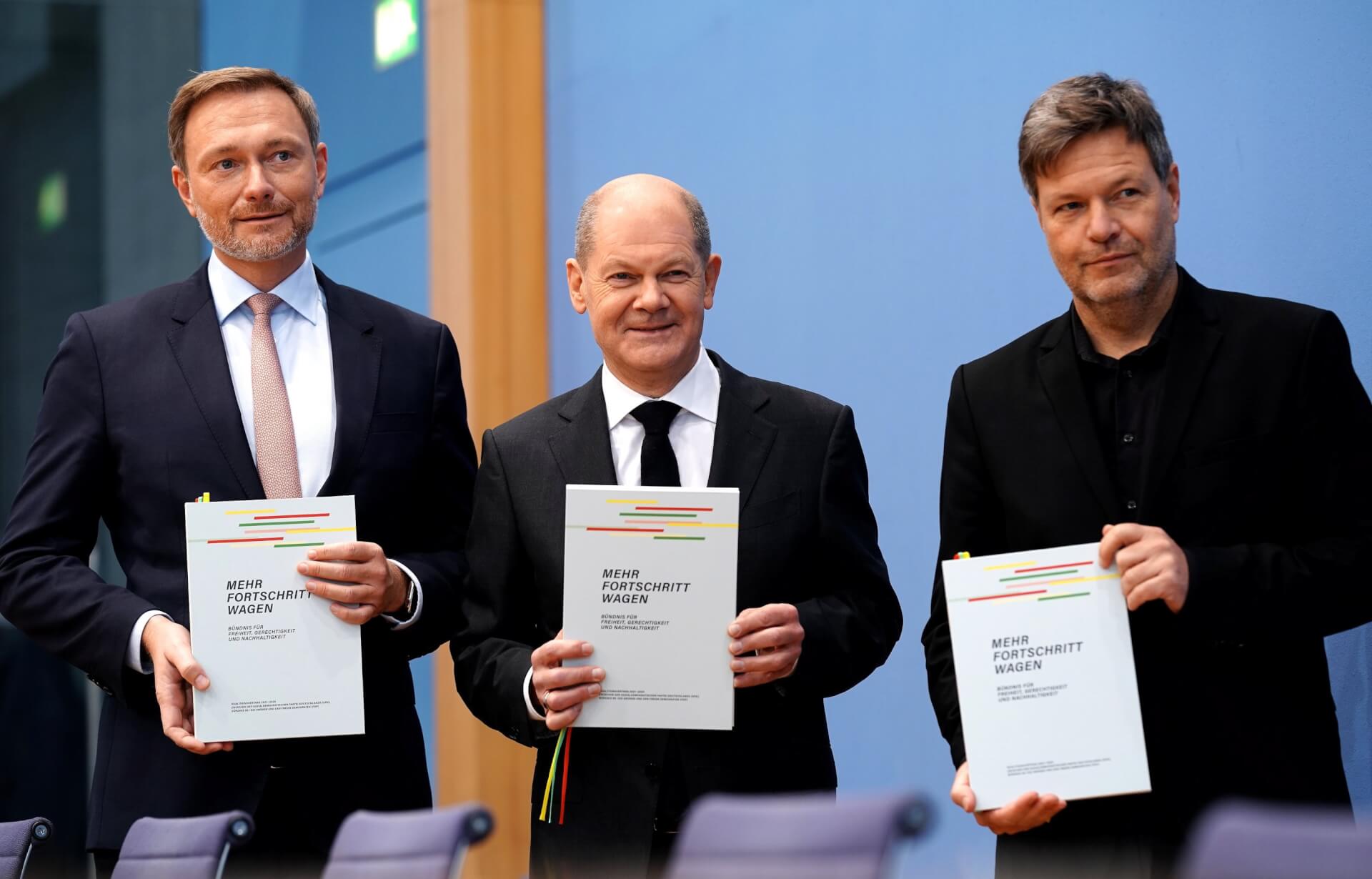In a bid to address the growing discontent among coalition members and present a unified stance, the German government rejected the European Commission’s plan to include nuclear energy in its long-awaited green labelling system to boost investment in the energy sector.
⚠️The EU Commission’s #taxonomy plan is a licence to greenwash⚠️
— Greenpeace EU (@GreenpeaceEU) January 1, 2022
Polluting companies will be delighted to have the EU’s seal of approval to attract cash and keep wrecking the planet
The EU Parliament and governments need to stop this #EUTaxonomyhttps://t.co/PBl6EIjzlr
During a press conference in Berlin on Monday, Steffen Hebestreit, the spokesperson for Chancellor Olaf Scholz, said, “We consider nuclear technology to be dangerous. We consider the waste disposal problem to be still unresolved. We explicitly reject the [Commission’s] assessment on nuclear power.”
The Commission’s proposal for green energy drew sharp criticism from the Green Party on Sunday, with Economy and Climate Protection Minister Robert Habeck (who also serves as Vice-Chancellor) and Environment Minister Steffi Lemke saying that Berlin would not back the proposed scheme. For decades, the Green Party has advocated for the country’s exit from nuclear power. Meanwhile, Justice Minister Marco Buschmann from the liberal Free Democrats supported the Green Party’s anti-nuclear stance and committed to stopping the inclusion of nuclear energy in the taxonomy list.
The Commission’s proposal is a part of a taxonomy list that intends to channel billions of euros in investment into technology to build clean power plants and decarbonise the European economy.
The government’s decision comes amid tensions between Scholz and the Green Party and environmentalists, who have accused the new Chancellor of betraying their interests by entering into a deal with French President Emmanuel Macron to allow the Commission to label nuclear energy as sustainable in return for a green label for natural gas. While France is heavily reliant on nuclear power, Germany is heavily dependent on natural gas.
The EC confirmed Saturday that both nuclear and natural gas will be counted as sustainable and thus be available for for European Union financing. The EU “sustainable taxonomy” deal appears to be a compromise between nuclear-reliant France and increasingly gas-reliant Germany.
— Michael Shellenberger (@ShellenbergerMD) January 3, 2022
However, Hebestreit denied any tensions among the coalition parties on the issue and reiterated that all parties are against the inclusion of nuclear energy in sustainable investment. At the same time, they welcomed the inclusion of natural gas in the list. To this end, Hebestreit remarked, “The government also agrees that, for the time being, we need natural gas as a bridging technology.”
Apart from the Commission’s proposal, Germany’s coalition government, consisting of Scholz’s Social Democratic Party, the Green party, and the Free Democrats, are also at odds over the Nord Stream 2 gas pipeline and whether to shut it down if Russia invades Ukraine. Vice-Chancellor Robert Habeck from the Green Party has threatened to shut down the pipeline as part of sanctions against Russia over its military aggression along the Ukraine border. On the contrary, Scholz has appeared reluctant to endanger the pipeline, saying that it is a “private-sector project that has been advanced to the point where a pipeline has been laid.”
Meanwhile, Spain, Austria, and Luxembourg have also opposed the Commission’s energy proposal. On Monday, Madrid said classifying nuclear energy and natural gas-powered plants as green technology would send the wrong signal to financial markets, as Europe hopes to achieve net-zero greenhouse gas emissions by 2050. Spain’s Ministry for Ecological Transition said, “Natural gas and nuclear [power] cannot be considered green or sustainable technologies in the Taxonomy regulations, regardless of the possibility of making continued investments in both.”
Lohnt es sich noch etwas gegen das Greenwashing von Atom und Gas zu unternehmen? Absolut!
— Michael Bloss (@micha_bloss) January 3, 2022
Die letzte Entscheidung ist noch nicht gefallen.
Bitte teilt und unterschreibt deshalb die Petition: https://t.co/RM5vNGzLHf
Hier ein Thread zum Zeitplan⬇️#Taxonomie #OlafSchummelt
Austria’s Environment Minister, Leonore Gewessler, suggested legal action against Brussels over the weekend. However, Scholz’s spokesperson said Germany wouldn’t initiate or be a party to a lawsuit against the European Commission. Member states have until January 12 to comment on the draft proposal; the Commission is expected to submit its final decision for approval towards the end of this month.

